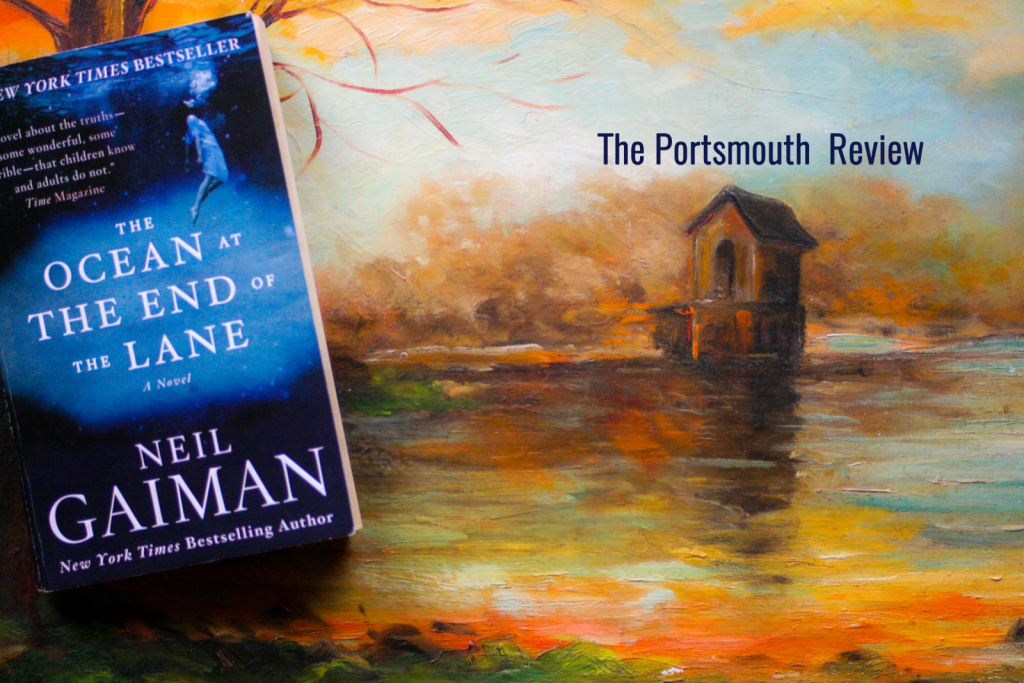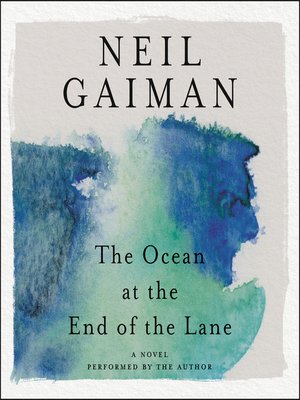

That the father is not physically abusive makes all the more shocking his attempt to drown his son in the bath. Yet Gaiman understands that a little boy comforted by books might find even the clichés of suffering consoling and he ensures that the protagonist's suffering is not clichéd. This is written from a naïve perspective: there is in reality nothing clean about hitting children. In the school stories I read, misbehaviour often resulted in a caning, or the slipper, and then was forgiven and done, and I would sometimes envy those fictional children the cleanness of their lives. His face (angular and usually affable) would grow red, and he would shout, shout so loudly and furiously that it would, literally, paralyse me. I was terrified of him when he was angry. This is seen in the relationship between Ocean's narrator and his father, described thus in the bleak seventh chapter:

Gaiman is mostly good - better than good - at avoiding broad brushstrokes, instead working his prose into the corners of his characters' emotional experience.

While frequently compelling, it is not without weak points where instructive complexity is lost to narrative closure, causing the fantastic to seem commonplace, the terrifying merely bothersome. Such is the story told in Neil Gaiman's new novel The Ocean at the End of the Lane, a book concerned with the reliability of memory, and with the conflict between the innocent loves of childhood and the more cynical desires of adulthood.

And the boy was only believed by Lettie Hempstock, the girl from the farm at the end of the lane who had been eleven years old for a very long time, and by her mother and grandmother, who liked to make the moon shine full and could snip and stitch the course of human lives when the details required correction. When he was seven, his family's lodger, deep in debt, committed suicide this caught the attention of an entity that, manifesting first as an amorphous canvas tent, then as a worm, and then as the boy's nanny Ursula Monkton, sought to establish a life in this world by way of the boy's family. Neil Gaiman, The Ocean at the End of the Lane (London: Headline, 2013)Ī man remembers something he is rarely permitted to remember.


 0 kommentar(er)
0 kommentar(er)
